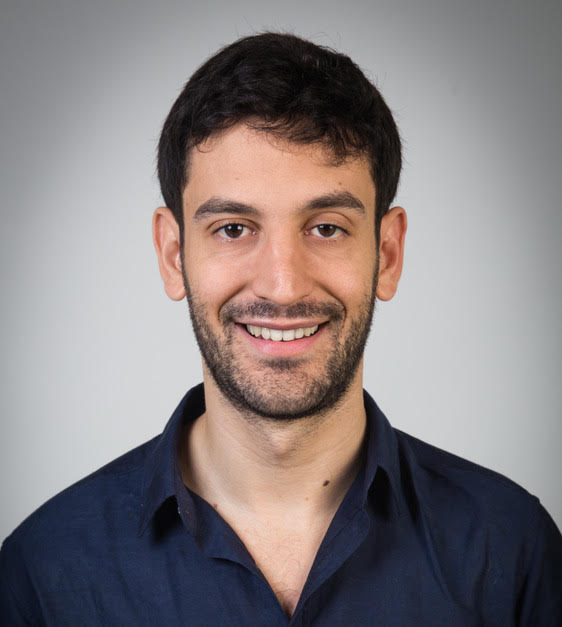“Addressing Two Classic Debates in Cognitive Science with Deep Learning” by Brenden M. Lake
Rockefeller Hall, Room 300
How can advances in machine learning advance our understanding of human development? In this talk, Brenden Lake will use deep neural networks to address two classic debates: (1) How much language is learnable from sensory input? Using head-mounted video recordings from a single child, he shows how deep neural networks can acquire many word-referent mappings, generalize to novel visual referents, and achieve multi-modal alignment. (2) Can neural networks capture human-like systematic generalization? He addresses a 35-year-old argument that neural networks are not viable cognitive models because they lack systematic compositionality—the algebraic ability to understand and produce novel combinations from known components. Neural networks can achieve human-like systematic generalization when trained through meta-learning for compositionality, a new method for optimizing compositional skills through practice. These findings emphasize the power of neural networks and their increasing capability for addressing long standing issues in cognitive science.
Brenden M. Lake is an Assistant Professor of Psychology and Data Science at New York University. He received his MS and BS in symbolic systems from Stanford University in 2009, and his PhD in cognitive science from MIT in 2014. He was a postdoctoral Data Science Fellow at NYU from 2014-2017. Lake is a recipient of the Robert J. Glushko Prize for Outstanding Doctoral Dissertation in Cognitive Science. He is an MIT Technology Review Innovator Under 35, and his research was selected by Scientific American as one of the 10 most important advances of 2016.
Sponsored by the Cognitive Science Department and the Data Science and Society Program.
